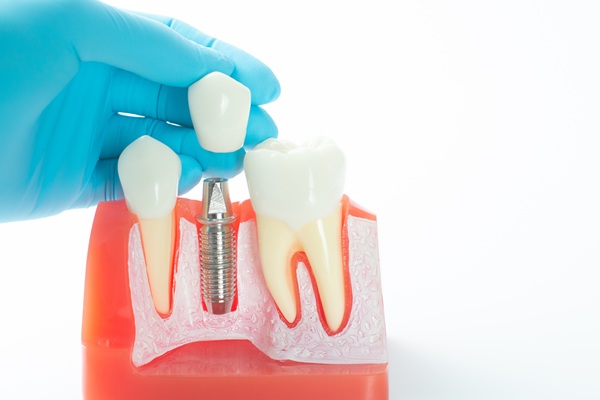FAQ About Sedation Dentistry

Sedation dentistry is for anyone who gets anxious when it is time to go to the dentist. The condition is called dental anxiety and it affects millions of people in the U.S.
There is a multitude of reasons why a person might develop a fear of dentists. It can be caused by a traumatic past experience, a fear of pain, a fear of the tools used by dentists or a fear of being crowded by a dentist and their assistants as they perform dental work. Thankfully, sedation dentistry is a simple way to reduce, if not eliminate dental anxiety.
Frequently asked questions about sedation dentistry
Thinking about giving sedation dentistry a try? Below are the answers to some of the questions you might have.
Q. How will I feel during my treatment?
Most patients do not feel anything during treatments with dental sedatives. There is little to no discomfort and patients feel relaxed during their treatment. Sedation dentistry typically leaves patients feeling relaxed and at ease.
Q. Will I be conscious during my treatment?
Yes. Most of the sedatives that are used keep patients responsive and conscious during their treatment. These medications simply put you in a more relaxed state.
Q. How safe is sedation dentistry?
Sedation dentistry is safe for most patients young and old alike. Before administering the sedatives, the dentist will go over the patient's medical history and any medications they are currently taking to reduce the risk of negative reactions.
Q. How long does it take for dental sedatives to wear off?
It depends on the type of sedatives being used and how quickly the patient's body breaks down the active compounds. Nitrous oxide, which is commonly known as laughing gas is one of the most used dental sedatives and it wears off within minutes. Oral sedatives take longer to leave the patient's system and the effects can be felt for a couple of hours after treatment.
Q. Who needs sedation dentistry?
Anyone who experiences dental anxiety is a good candidate for sedation dentistry. Signs that you might be a good candidate for sedatives include the following:
- An extreme fear of going to the dentist
- Fear of injections or pain
- A traumatic past experience during dental treatments
- Sensitivity to the noises and smells at the dentist's clinic
- An overactive gag reflex
- Feeling ashamed about the condition of your teeth
- Wanting dental experiences to be more comfortable
Q. What are the common types of sedatives used in dentistry?
There is a range of sedatives used to deal with dental anxiety. The more common types of sedatives used include the following:
- Inhaled sedation: This involves delivering laughing gas, which is medically known as nitrous oxide. It is administered via a nose mask. The medication makes patients feel happy and relaxed. They might even have a few outbursts of laughter when under the influence of nitrous oxide, which is why it is also known as laughing gas.
- Oral sedation: These pills are taken prior to the appointment and they help to prevent the jitters that occur before getting to the dentist.
- IV sedation: These sedatives are delivered intravenously. It is typically used for patients with severe dental anxiety or for those who are undergoing a more advanced procedure.
Put dental phobia behind you
Call or visit our Oakland clinic to learn more about sedation dentistry and how it can be used to deal with dental anxiety.
Request an appointment here: https://dentalimplantsoakland.com or call Oakland Dental Implant Center at (510) 257-2284 for an appointment in our Oakland office.
Check out what others are saying about our dental services on Yelp: Sedation Dentistry in Oakland, CA.
Recent Posts
When receiving dental work, sedation dentistry can help you to feel calm and relaxed. We understand that many of our patients have concerns over visiting the dentist. After all, dentists have a bad reputation advanced through movies, cartoons, and even blogs. We are here to tell you that the myth is not true, visiting the…
Infection control has become the top priority all over the globe as the world battles the COVID-19 pandemic. The Centers for Disease Control has established new guidelines for healthcare providers and dentists to follow as they continue to provide services for patients with the most pressing needs.The coronavirus is an airborne virus that is very…
In light of recent events regarding the COVID-19 outbreak, there is a need to understand how dental offices are meeting infection control guidelines. The Centers for Disease Control and Prevention (CDC) has updated its situation report about the Coronavirus virus. Based on CDC guidelines, the American Dental Association (ADA) has provided a detailed handout for…
It is essential to visit a family dentist every six months to maintain proper oral health. While it is possible to keep the teeth and gums suitably clean with appropriate brushing and flossing techniques, excellent home care is never a substitute for professional cleanings and preventative care. However, there are more benefits to routine dental…


